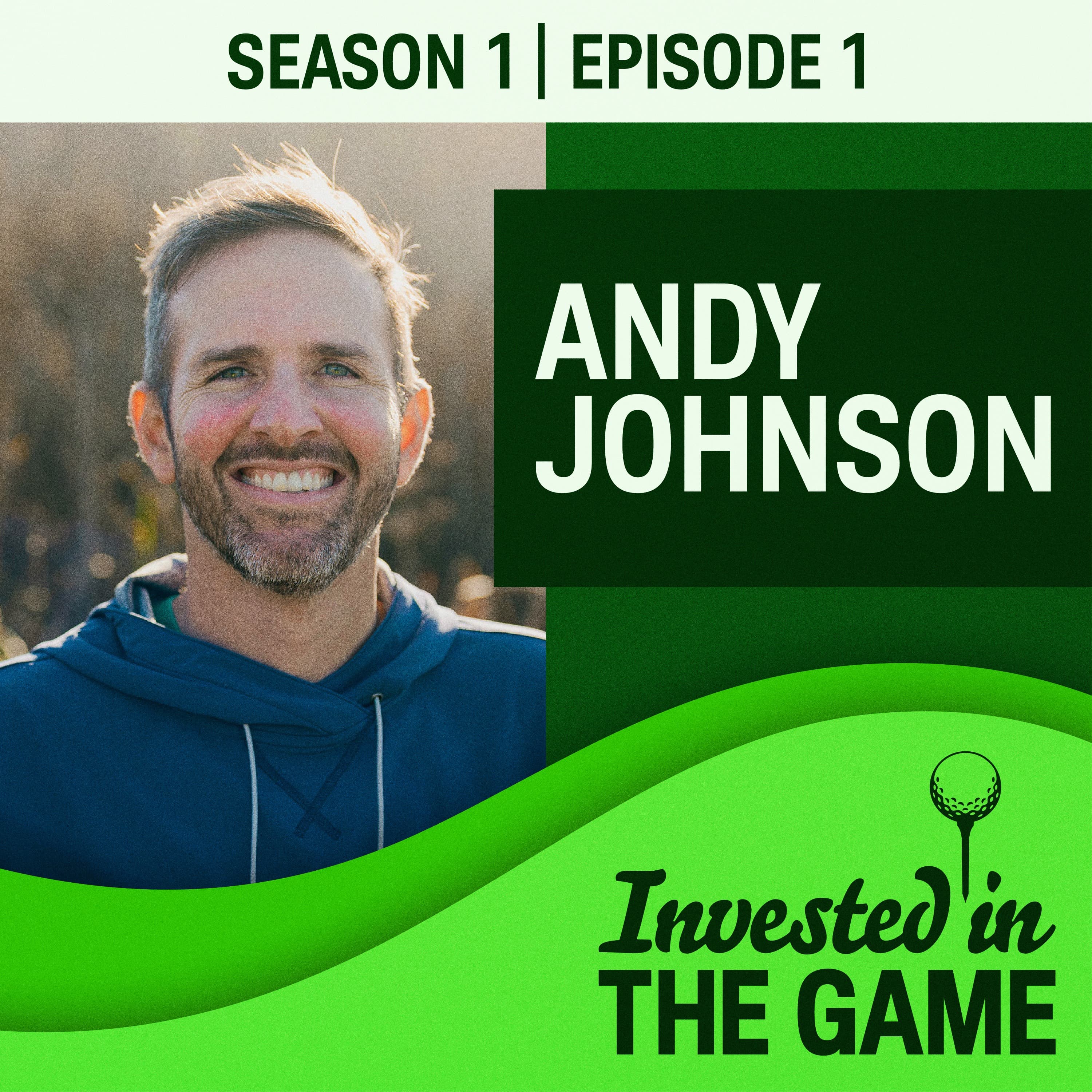In this lively conversation, Andy Johnson, founder of Fried Egg Golf, shares his journey into the world of golf, reflecting on his early experiences and the evolution of his passion for the game.
He and host Mason Reed discuss the non-linear nature of golf improvement, memorable moments that shaped Andy's love for the sport, and the birth of his newsletter, The Fried Egg. The discussion highlights the challenges and opportunities within the golf industry, emphasizing the importance of resilience and personal growth through the game. Andy analyzes the transformative impact of social media on business growth, describing how it has lowered barriers to entry for new brands. He reflects on his journey of building a loyal audience without a monetization plan for the first few years, highlighting the importance of honesty and transparency in media. The conversation also touches on the challenges of maintaining work-life balance in the media industry and Andy's optimism for the future of his company as well as the evolving culture of recreational golf.
You can learn more about Andy Johnson and Fried Egg Golf at thefriedegg.com.
Invested in the Game is an original podcast from Charles Schwab.
If you enjoy the show, please leave a rating or review on Apple Podcasts.
The comments, views, and opinions expressed in the presentation are those of the speakers and do not necessarily represent the views of Charles Schwab.
Data contained herein from third party providers is obtained from what are considered reliable source. However, its accuracy, completeness or reliability cannot be guaranteed and Charles Schwab & Co. expressly disclaims any liability, including incidental or consequential damages, arising from errors or omissions in this publication.
All corporate names and market data shown above are for illustrative purposes only and are not a recommendation, offer to sell, or a solicitation of an offer to buy any security.
Investing involves risk, including loss of principal.
Apple, the Apple logo, iPad, iPhone, and Apple Podcasts are trademarks of Apple Inc., registered in the U.S. and other countries. App Store is a service mark of Apple Inc.
Spotify and the Spotify logo are registered trademarks of Spotify AB.
